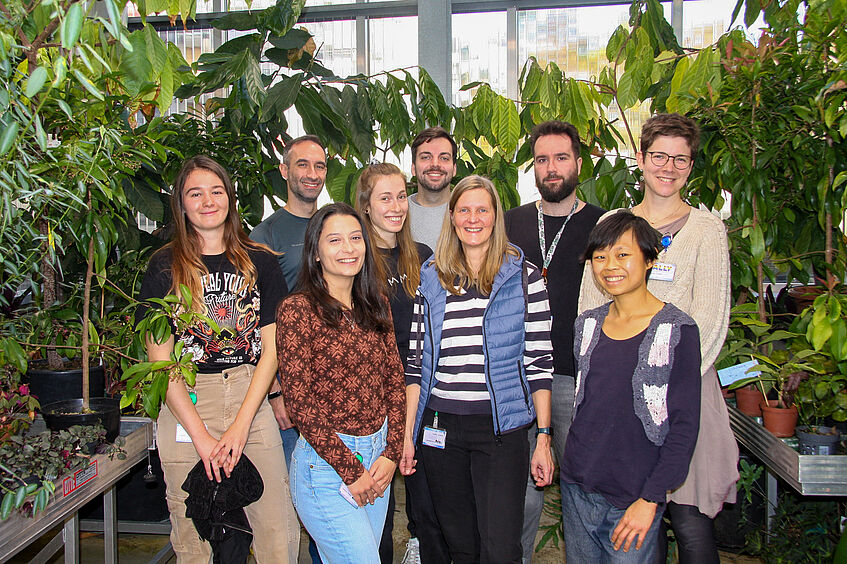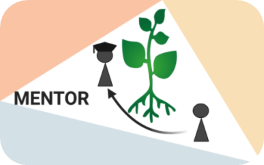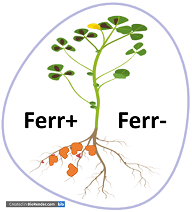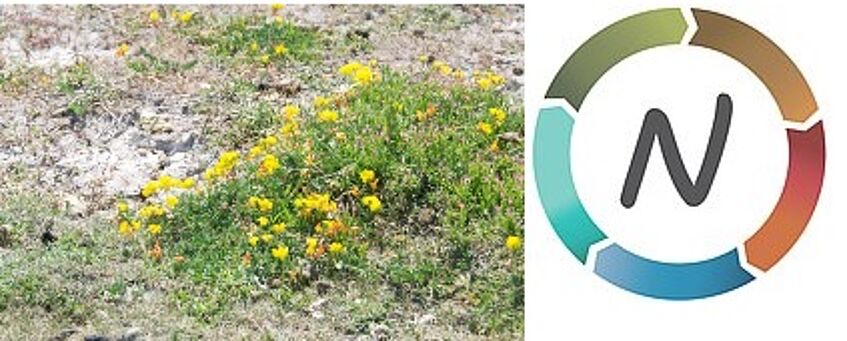Development and integration of -omics techniques, including mass spectrometry based metabolomics and proteomics with phenotyping, allows Wienkoop to gain large insights into plant-microbe interactions and to resolve the complexity of metabolic communication and adjustment processes of plants and microbes.
Wienkoop`s team investigates the metabolic exchange between plants and microbes and the influence microsymbionts have on the plant`s immune system and how this induces stress resistance upon environmental perturbations such as drought or pathogen attack. (see more...video: homepage.univie.ac.at/stefanie.wienkoop/research.html)
Current PhD Students
Julian Preiner, Dania Randi, Carlos Perez-Rizquez, Yovita Astuti-Djohan
Current Masters
Katarina Frankova, Can Stark, Marinela Manic









